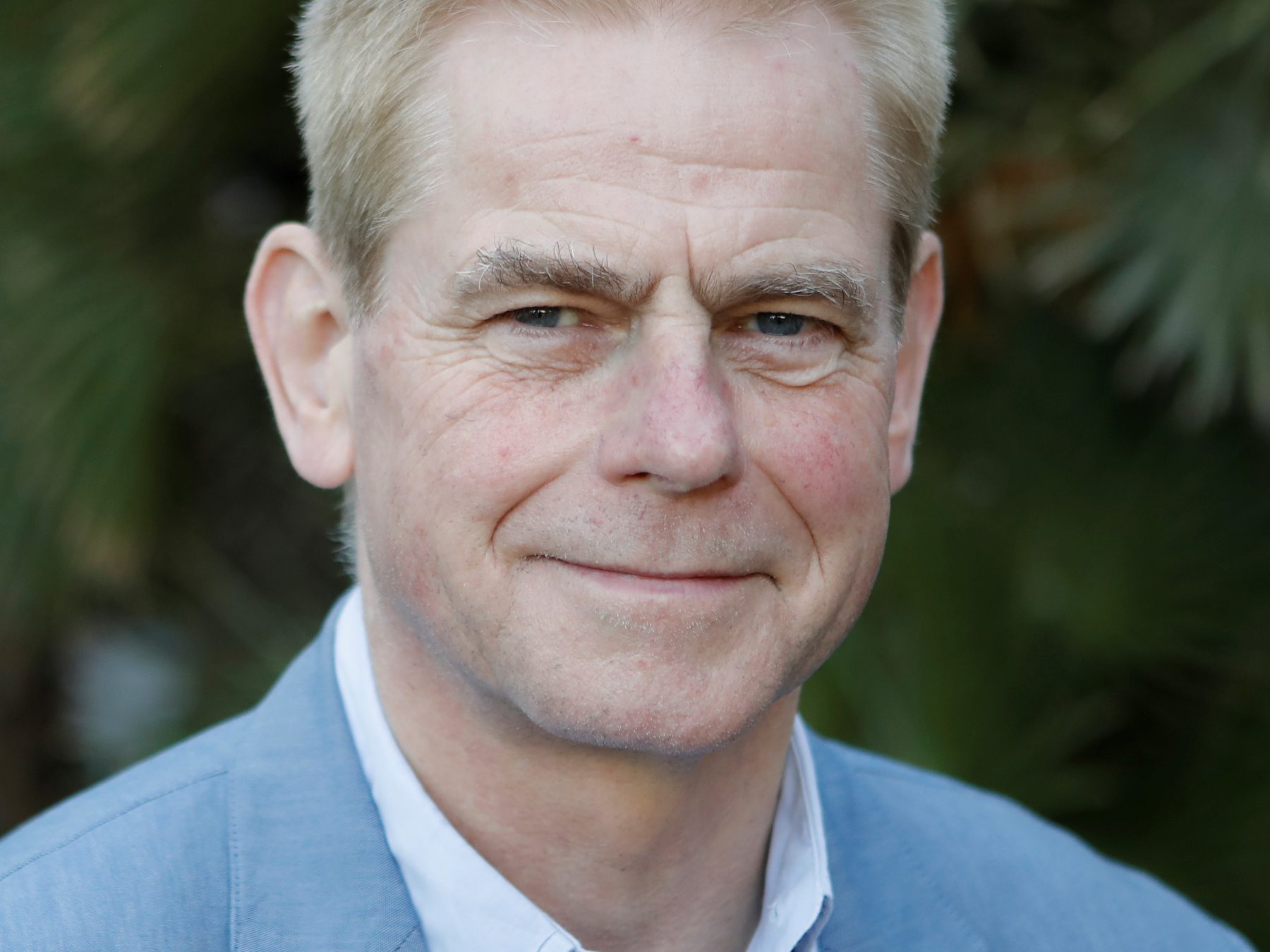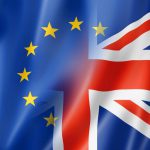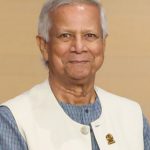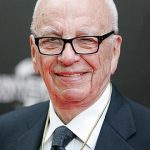As Vladimir Putin pursues his invasion of Ukraine and journalists remain highly vulnerable, William Horsley, AEJ media freedom representative and UK chairman, writes:
“I am in Kyiv – and my family too. Kyiv is being bombed. We hear a constant howl of air sirens. Sometimes we can hear gunfire in the street. Kyiv is under siege! Grocery stores and pharmacies are nearly all closed. Shops that stay open are short of milk and bread. Sincerely from Kyiv – Artur.”
The words are those of Artur Rudzitsky, journalist and publisher, in an email he sent me after Kyiv became a target – the prize target – in Vladimir Putin’s illegal and criminal war against Ukraine. Artur Rudzitsky headed the Ukrainian section of the AEJ during the turbulent years around the time of the Euromaidan revolution, Russia’s seizure of Crimea, and the vicious war in the eastern Donbass region.
Artur often sent reports which we published on AEJ websites about arrests and beatings of journalists under the country’s corrupt Russian-backed leader Victor Yanukovych. Then his reports started to detail the mounting toll of injuries and deaths sustained by media workers during clashes in the centre of Kyiv, as journalists and crowds of protestors came under live gunfire for several days in early 2014.
The “Revolution of Dignity” succeeded. Yanukovych, who was widely believed to have stolen an election to come to power, was forced to take refuge in Moscow. But in eastern Ukraine the Russian-sponsored armed uprising led to the deaths of thousands in the following years. Journalist colleagues in Ukraine became war reporters, risking kidnap and mistreatment at the hands of rebel forces, and putting their lives on the line daily as the conflict went on sporadically for years.
That flashback to events eight years ago gives a clue to Putin’s motivation for his war of aggression against Russia’s neighbour. It is a war of revenge and hatred of Ukraine’s extraordinary success in building the solid foundations of a democratic and prosperous society, and turning its back on the autocratic and repressive ways of Russia under Putin.
And in recent days it has become clear that the war is not going well. Putin’s false narrative is under strain as perhaps never before. Already ordinary Russians are questioning why the shelves are bare in some food shops, and becoming more ready to criticise the government. Tens of thousands of professionals are leaving along with western businesses…
The human cost of Putin’s war
A month after the start of Russia’s full-scale invasion at least five Ukrainian and foreign journalists have been killed reporting the conflict. The European Federation of journalists, together with the AEJ and other journalists’ and press freedom organisations, are striving to keep an accurate public record through the Council of Europe’s Safety of journalists Platform www.coe.int/fom, recording verified information on incidents when journalists are attacked or killed — whether in targeted Russian military attacks or in crossfire.
IPI’s Ukraine War Press Freedom Tracker has detailed every death of a journalist linked to the war, and hundreds of other attacks on journalists and media outlets. So are other capable organisations such as CPJ and RSF, which highlights the Russians’ use of abduction and hostage-taking to threaten Ukrainian journalists who are captured in zones controlled by the invading forces.
UNESCO’s Observatory of Killed Journalists https://en.unesco.org/themes/safety-journalists/observatory often takes longer to verify and publish details of cases where journalists have been killed, but it represents an authoritative source of public information. Much of UNESCO’s most effective work now centres on coordinating actions by governments, international bodies, journalists’ organisations and other stakeholders to protect the safety of journalists in conflict and non-conflict situations.
On March 16 Radio Free Europe/Radio Liberty published a special report on incidents in which its own journalists have been deliberately targeted or attacked https://pressroom.rferl.org/a/31754326.html.
How to support journalists in Ukraine?
Journalists and writers living in countries neighbouring Ukraine or further away may be unsure how they can support and show solidarity to colleagues there. A core purpose of journalism is to contribute to ensuring the flow of free, uncensored information. Now that means exposing Russia’s official web of false narratives and lies, its propaganda for war, and attempted cover-ups of atrocities against civilians, There is much each individual can do short of taking up arms.
Journalists and rights defenders everywhere can support their media and other civil society organisation colleagues by donating funds, and by focusing their own efforts on helping to make sure that all aspects of the war are reported accurately and understood for what it is by people everywhere – including in Russia.
The most direct way to help is by donating funds to the organisations best placed to deliver funds and materials – like helmets and other protective equipment — to Ukrainian journalists as they risk their lives to report the realities of the war, including the war crimes that we now know are being committed by Russian army commanders and soldiers in the field.
The IFJ safety fund calls for donations to support its thousands of journalist members in Ukraine. Those funds provide essential equipment and support to journalists who face violence or persecution, or are in need of medical treatment. The IFJ has also updated its Safety advice with a Media Advisory for journalists of all nationalities covering the armed conflict in Ukraine.
RSF has opened a press centre in Lviv and used it to deliver bullet-proof vests and other life-saving gear https://rsf.org/en/news/rsf-opens-press-freedom-centre-lviv-first-bulletproof-vests-delivered .
Free Press Unlimited, based in the Netherlands, provides emergency support for journalists in Ukraine and elsewhere, through its Reporters Respond campaign. It has appealed for donations urgently: https://www.freepressunlimited.org/en/projects/reporters-respond-emergency-and-legal-support
The Rory Peck Trust specifically supports the work and safety of freelance journalists. It has identified a pressing need for essential safety equipment for journalists who have found themselves on the front line of a deadly war with blurred and shifting frontlines https://pressgazette.co.uk/charity-reports-shortage-of-protective-equipment-for-freelance-journalists-in-ukraine/ .
Many Ukrainian media outlets, like the Kyiv Independent https://kyivindependent.com/ need funds to sustain their operations. The extraordinary professionalism shown by many of Ukraine’s media even as the country’s towns and cities are forced to live under existential threat demonstrates the maturity of Ukraine’s democracy.
By stark contrast, the Kremlin’s blanket attempt to censor all media reporting, public speech and protest in Russia, by threatening state violence and long prison terms for contradicting Putin’s absurd and hateful fictions about the war, demonstrates the bankruptcy of President Putin’s model of Russian society and the collapse of his government’s legitimacy.
On 2 March the European Commission announced a complete ban on the broadcasting activities of the Russian state channels RT and Sputnik across the EU, citing the pernicious effect of their lies and distortions seeking to justify the unprovoked invasion of Ukraine. Later the UK’s media regulator Ofcom followed suit.
Courageous independent Russian journalists and activists are used to taking very high personal risks to report truthfully and hold power to account, and they also deserve every possible support. The joint statement made by a broad coalition of press freedom organisations https://aej.org/2022/02/26/solidarity-with-ukraine-2/ at the start of the war called for urgent actions to protect bona fide journalists in Ukraine and Russia alike. The AEJ also spoke out jointly with the 14 other partner organisations which carry out daily monitoring of attacks on media freedom throughout Europe. We condemned the unprovoked Russian invasion, warned Russia that targeting journalists as civilians counts as a war crime, and also demanded an end to the unacceptable assault on free speech and civil rights inside Russia. https://go.coe.int/f3LHJ.
The last independent media in Russia have now been practically silenced. Many western media have been driven to close their Russian operations. The independent Russian radio station Echo of Moscow (Ekho Moskvy) and Dozhd/TV Rain were forced off air. Novaya Gazeta, the newspaper of Nobel Peace Prize laureate Dmitry Muratov, has been forced to neuter its war coverage by the strait-jacket of Putin’s “Big Brother” laws making it a serious crime to tell the truth. Putin has banned social media platforms that he cannot control.
The Russian state’s “exile” from civilised society
The Russian state’s exile from civilised European society is symbolised by its expulsion on March 16 from the continent’s treaty-based human rights body, the Council of Europe https://www.rferl.org/a/council-europe-expels-russia/31756178.html, which is the guardian of the European Convention on Human Rights. The decision by the other 46 member states to kick Russia out — and also to cut all ties with Belarus, whose human rights record has barred it from joining the Council of Europe — might well have occurred sooner, except that Russia’s departure has one massively negative consequence for the people of Russia. They have now lost the chance – highly prized by many journalists and other Russian citizens down the years — to take their individual cases to the European Court of Human Rights in Strasbourg and obtain justice for serious human rights abuses they have suffered at the hands of their own government.
Meanwhile prosecutors at the International Criminal Court in The Hague have opened a formal investigation into war crimes arising from Russia’s invasion of its neighbour. And in a separate move the Ukrainian government has won strong support for the idea of setting up a special tribunal to investigate and bring to justice Russia’s top leaders for the crime of “aggression”, which is justiciable under humanitarian law and has its antecedents in the Nuremberg Trials of the leaders of Nazi Germany after World War Two https://www.theguardian.com/world/2022/mar/04/ukraine-backs-plan-for-international-tribunal-to-try-putin-for-of-aggression.
It is part of the responsibility of journalists everywhere to help make their own societies aware of how Vladimir Putin’s personal “war of choice” desecrates and threatens the framework of human rights and humanitarian law which is the foundation of the democratic protections enjoyed by people in free societies across the world.
“The virtual war” – journalists and data on the cyber front
Never before has the world seen an inter-state armed conflict where state-of-the-art technology in cyber tools, weapons and defences are deployed on the scale we see in this war. The activities of cyber armies on both (or all) sides, and open-source information based on western intelligence data and analysis, represent a key resource for journalists, as well as military commanders and intelligence services.
Bellingcat https://www.bellingcat.com/ the self-styled “home of online investigations”, publishes essential real-time information about Russian military movements, and evidence about Russian bombing of hospitals, apartments, and other civilian targets which may one day be used to convict those responsible of war crimes.
Algirde Pipikaite, a cyber expert at the World Economic Forum in Switzerland, says over 300,000 volunteers from around the world have joined Ukraine’s IT Army. There is mounting evidence that ordinary Russians who have long swallowed or tolerated the Kremlin’s monstrous falsehoods and groundless “Nazi” slurs are now starting to hear a shocking and very different version of the facts from relatives or from conscript sons at war inside Ukraine. Russians cannot fail to be aware of the sudden outbursts of dissent on their TV screens as they watch the main state channel, Rossiya 1.
The USA and UK, among others, have hugely increased their assistance to Ukraine in cybersecurity. The EU has mobilized a team of cybersecurity experts, who are helping Ukraine to guard against cyberattacks.
Ukraine’s Stopfake website https://www.stopfake.org/en/main/ like the EU’s Disinfo Review https://euvsdisinfo.eu/ and European Digital Media Observatory https://edmo.eu/2022/02/28/war-in-ukraine-the-fact-checked-disinformation-detected-in-the-eu/ are exposing evidence on an industrial scale of Russia’s torrent of deep fakes, disinformation and hate speech.
Will Czar Putin’s iron grip on power be lost when the web of lies on which it is built is laid bare to his own people? That now seems to be at least a possibility. Not only did he lie massively to his own people to attract support for his reckless war. He also lied to the army officers and conscript soldiers he sent into Ukraine. They now know sorely they were deceived. That might prove to be his fatal mistake.








